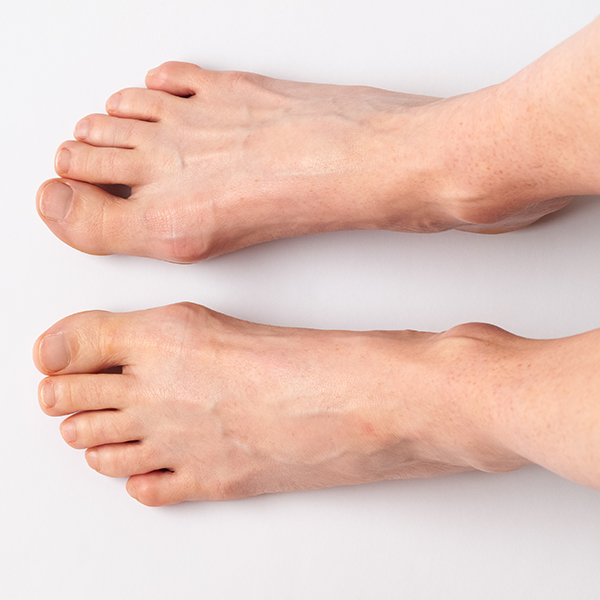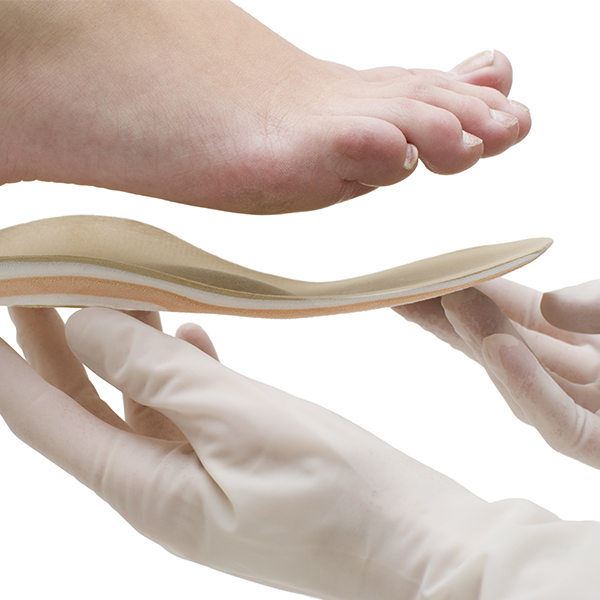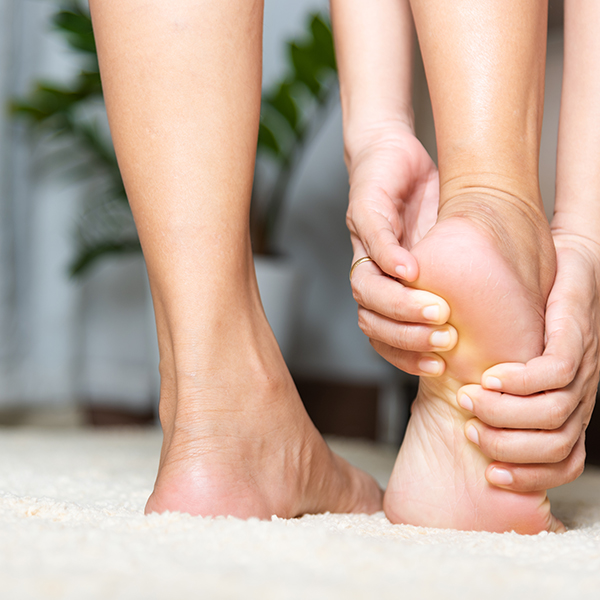Diabetic Foot
How Are Feet Affected by Diabetes?
Diabetes is a health condition that affects millions of people around the world. It happens when the body has a difficult time managing food digestion and insulin production, causing higher levels of sugar to remain in the bloodstream. This chronic change in blood sugar causes damage to blood vessels all over the body, making it difficult for blood to reach the outer extremities.
Your legs and feet are particularly vulnerable to this condition. Without an adequate blood supply, your legs and feet won’t have the oxygen and vital nutrients they need to remain healthy. You might feel pain, sensations of tingling, numbness, or find it difficult to walk.
Left untreated, diabetes can lead to nerve damage called diabetic neuropathy. In this case, you might not feel much at all in your legs and feet, including pain, heat, or cold. Sensory feedback helps you to know when there is a problem, such as a sore, an injury, or a cut. If you remain unaware of the problem, infection and ulceration can set in. Given enough nerve damage, you could also lose control over the muscles of your foot, causing further complications with walking and pressure damage. Because of poor blood flow, it can be very difficult to heal such wounds. In extreme cases, amputation may be necessary.
Professional Diabetic Foot Care
If you have been diagnosed with diabetes, your podiatrist can help you to avoid diabetic foot pain and prevent it from advancing further. Your doctor will regularly examine your feet, looking for any change in health or condition. They will also educate and encourage you with diet and exercise choices, and prescribe any medications you need. Your podiatrist may request imaging tests to evaluate your foot bone health. They might also utilize instruments to examine the sensitivity of your feet, monitoring for any neuropathy concerns.
Self-Care
Diabetic patients can do a lot to help manage their feet. You should clean and examine your feet every day, applying ointments when needed. Wash your feet using warm water and gentle cleansers, pat drying them when finished. Daily cleaning and self-examination are the best way to catch any problems as they arise before they become serious.
Patients should always wear shoes that are diabetes-friendly. Shoes should be closed-toed, made with good soles and foot support. Comfort is important. You don’t want shoes that are too tight that could pinch toes or rub sore spots.
At Rock Canyon Foot and Ankle, our experienced podiatrists and staff are here to support you with proper diabetic foot care. If you are in the Denver area, call us today for an appointment to get started.











